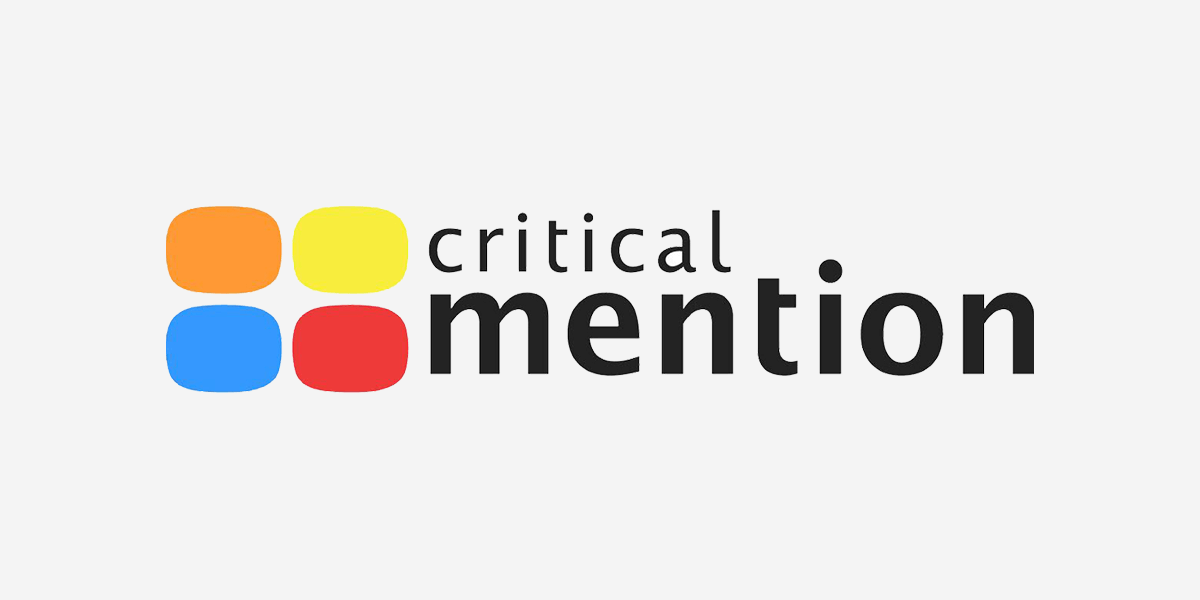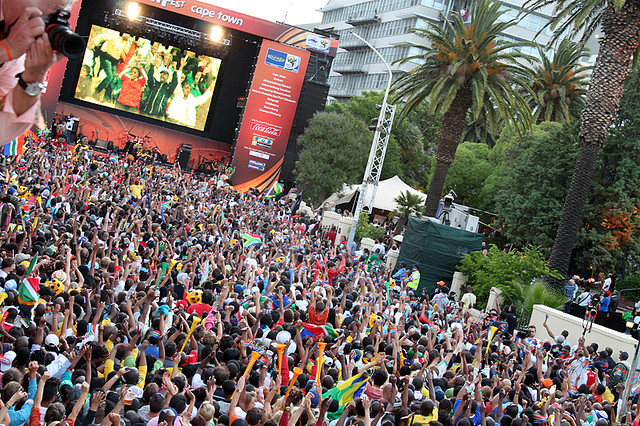
Argentina and Germany aren’t the only FIFA World Cup powerhouses heading into Sunday’s final gleaming with pride. A handful of big consumer brands have used the marketing power of World Cup to show deaf and hard-of-hearing TV viewers that they care.
McDonald’s, the U.S. Navy, Gillette, Coors Light, Bacardi, Mountain Dew, Taco Bell and Degree consistently subtitled their commercials that aired during World Cup games on ABC and ESPN.
So did Sprint, Verizon, Samsung, and Cricket Wireless. AT&T and T-Mobile produced some commercials containing closed captions and others that did not.
Since 2006, the Federal Communications Commission has mandated that 100% of all new, non-exempt, English-language television programming must be produced and presented with closed captions.
Commercials have been exempt from the captioning requirement, but the Association of National Advertisers published a joint paper with the FCC, “The Benefits of Closed Captioning Commercials,” in 2010 calling for voluntary compliance. Four years later, many commercials produced by national, and local, advertisers are still not captioned.
Gerry Buckley, president of the National Technical Institute for the Deaf, maintains brands that do not caption are ignoring a fast-growing segment of the population – the deaf, those who lose hearing later in life, and older Americans who are hard of hearing.
“They have buying power,” said Buckley, who is deaf and feels that businesses should build the cost of communicating with all consumers into their business models. “They should be seeing it as a part of their responsibility to reach a new audience.”
The Center for Hearing and Communication reports 38 million Americans, about 12% of the population, have some degree of hearing loss. In older populations, a demographic with more buying power, as many as 45% are hard of hearing.
The Super Bowl, famous for its highly produced and extremely expensive commercials, has been targeted by the National Association of the Deaf over the lack of captioning on TV spots. The campaign was successful, doubling the number of commercials that included subtitles.
As World Cup popularity grows in the United States, our team at the media monitoring firm Critical Mention reviewed commercials during the first two weeks of play. We found a relatively even split between sponsors who invested in captioning – estimated to cost as little as $150 for a 30-second spot – versus those who let the commercial air au naturel.
Interestingly, Google, the leader in online advertising, did not provide closed captions commercials for YouTube that aired on TV June 14-15. Google’s competitors, Apple and Microsoft, did provide closed captions.
Car companies Kia and Ford did not close-caption their commercials. Hyundai subtitled some of its commercials, but not all.
Ratings for FIFA World Cup have been huge. The June 22 U.S. vs. Portugal game on ESPN drew a record audience for soccer, with an average of 18.2 million viewers, according to Nielsen.
Online sharing of commercials produced for the World Cup has been fierce, too. A study by Unruly found the top 20 most shared World Cup commercials attracted almost a third more shares than the top 20 Super Bowl 2014 ads.









